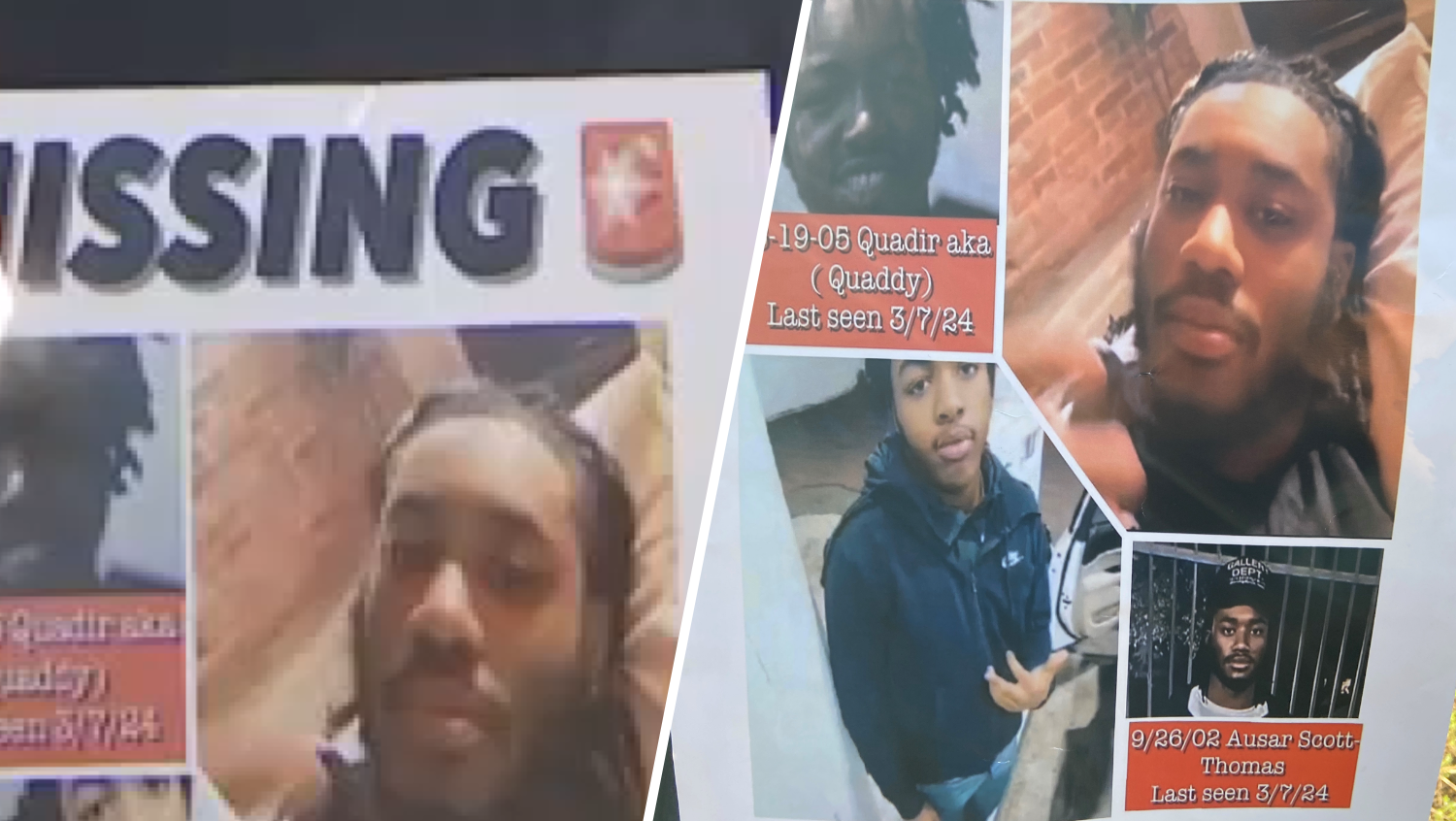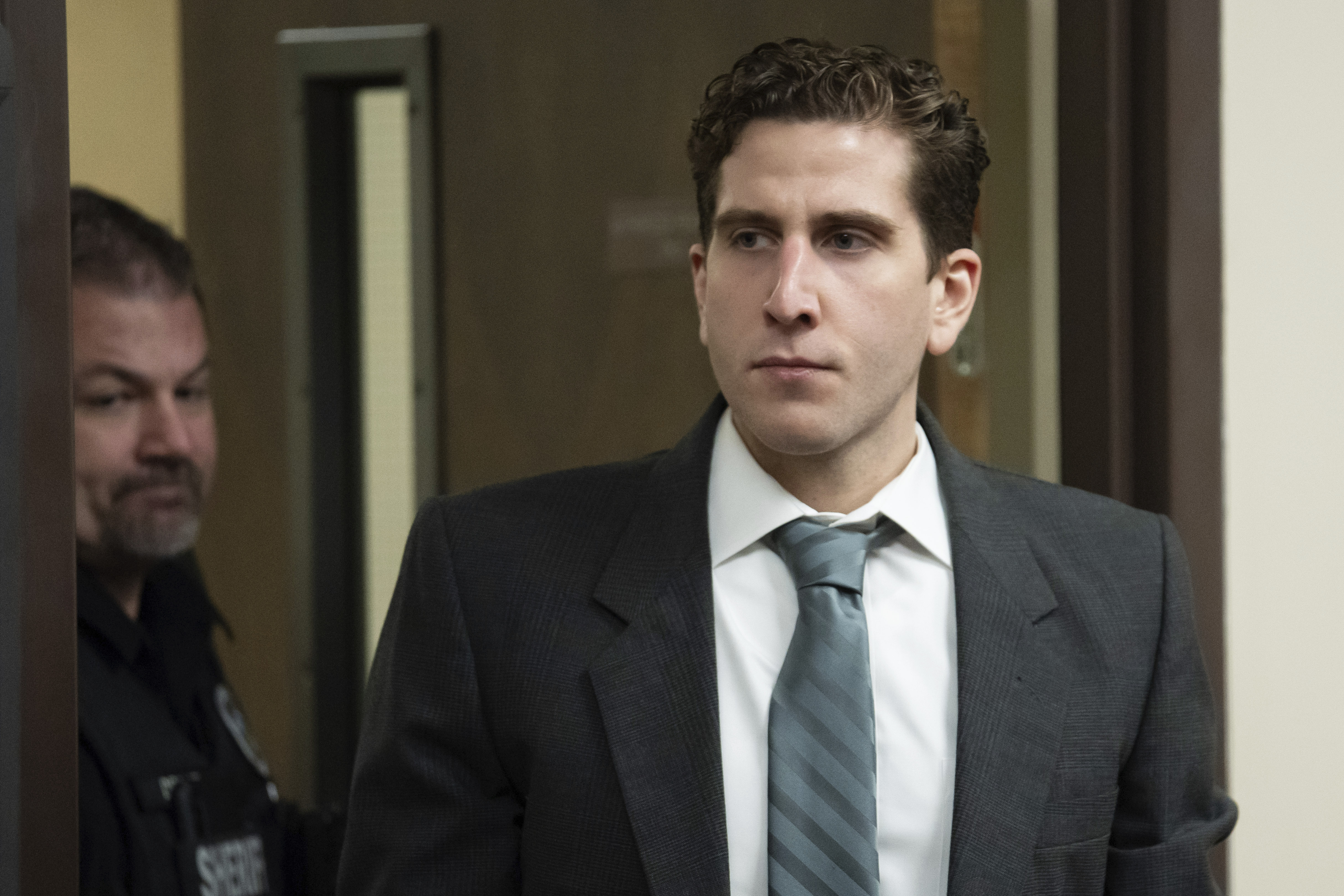Marijuana was the issue that set John Hanger apart from the other Democratic candidates for governor, and proponents of legalizing the drug for medical purposes in Pennsylvania credit him with drawing attention to their cause before he dropped out of the race this week.
Hanger supported the medical pot proposal, but he also was the only candidate to advocate the more radical step of legalizing the drug statewide — a proposal he put on even footing with issues of wider appeal such as creating jobs and improving public schools.
"Schools not jails, jobs not jails, legalize and tax marijuana right now!" is how Hanger summed up his platform at a forum during last month's Pennsylvania Progressive Summit.
No one expects Pennsylvania to legalize the drug anytime soon — Colorado and Washington state are the only two that have done that — but sponsors of a leading medical marijuana bill in the Legislature said Hanger's emphasis on marijuana helped elevate public awareness of the issue.
"As far as getting the word out on a statewide basis ... it didn't hurt at all," said Sen. Mike Folmer, a conservative Republican from Lebanon County and the bill's prime sponsor.
"It gave the issue attention and it certainly galvanized" the parents of sick children who say marijuana could provide relief that conventional medicines have not, said co-sponsor Sen. Daylin Leach, D-Montgomery. "John Hanger was a hero to them."
Hanger exited the Democratic nomination race Thursday, saying he could not compete against front-runner Tom Wolf's ongoing statewide TV campaign that began in January.
The medical marijuana bill would allow doctors to prescribe marijuana or its extracts for certain patients, such as children afflicted with epileptic seizures and people with cancer who are undergoing chemotherapy.
At a hearing before the Senate Law and Justice Committee this year, parents of children with epilepsy told lawmakers heartbreaking stories about the turmoil in their lives and urged them to pass the bill.
So far, similar laws have been passed in 20 states, including neighboring Delaware and New Jersey, and the District of Columbia.
Public support for the measure is strong. A statewide poll of Pennsylvania voters released this month by Connecticut's Quinnipiac University showed 85 percent believe adults should be allowed to use marijuana for medical purpose if their doctor prescribes it.
Among the Democrats running for governor, the bill is supported by Wolf, a York businessman, and three other candidates — U.S. Rep. Allyson Schwartz, former state Auditor General Jack Wagner and Katie McGinty, Hanger's predecessor as head of the state Department of Environmental Protection.
All of them but Wagner also favor some reduction in penalties for possession of small amounts of pot. The other candidate, state Treasurer Rob McCord, is undecided about the need to change the current law.
Local
Breaking news and the stories that matter to your neighborhood.
Republican Gov. Tom Corbett, a former state attorney general, has said he would veto any legalization bill, even if it was limited to medical uses, because he considers marijuana a "gateway drug" whose use leads to more dangerous drugs.
Leach, who is running for Congress, said there is "no rational reason" to oppose the legislation.
"Very few people understand why we're not letting sick people get medicine," he said.
Leach and Folmer said they are hopeful that the bill will pass both houses in the weeks ahead, and, if it does, Leach speculated that Corbett would not stand in its way.
"I don't believe he'll veto it at the end of the day. .... He's changed his mind on a whole bunch of issues," said Leach, citing Corbett's December reversal when he said he would be willing to sign a bill outlawing discrimination based on sexual orientation or gender identity.



